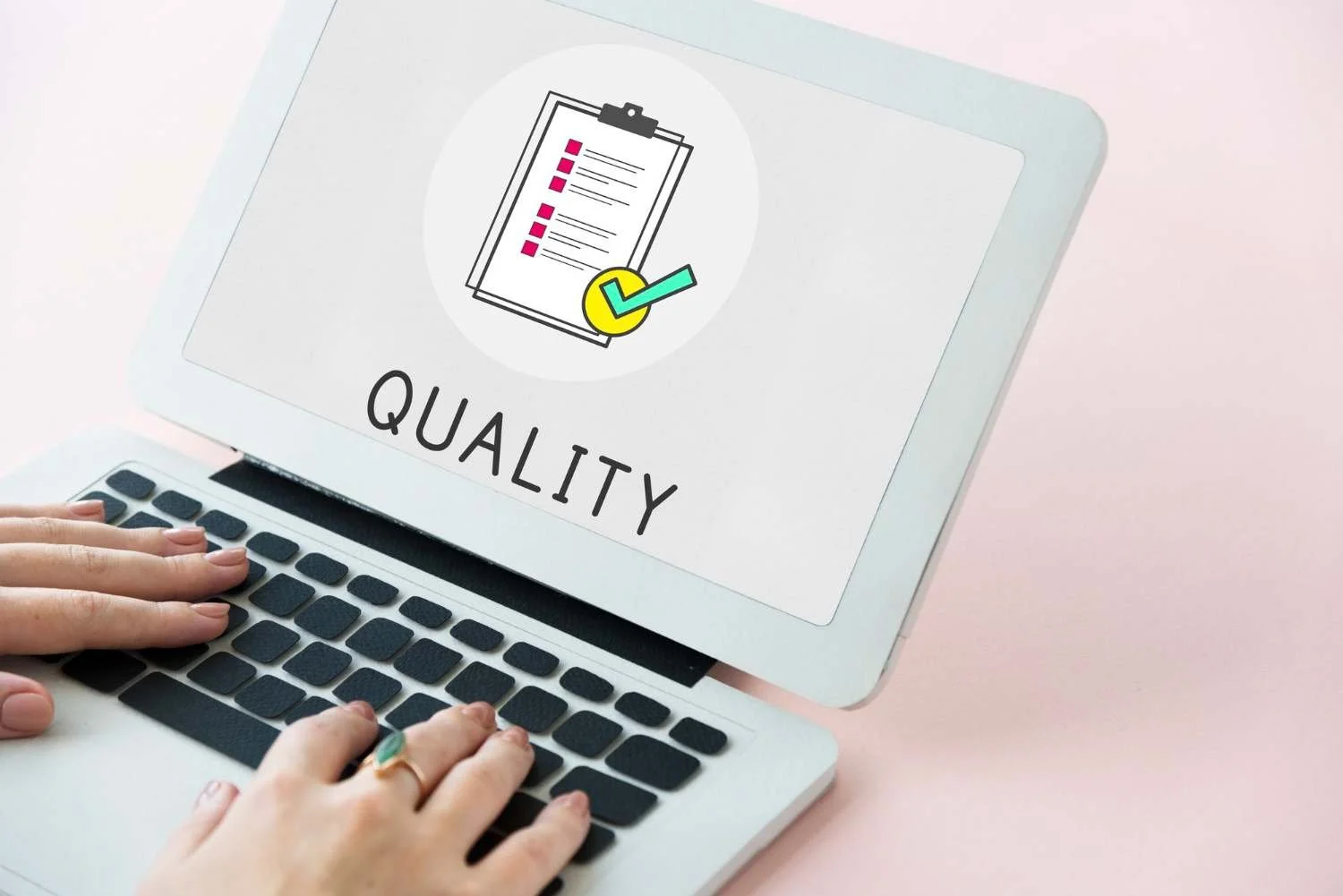How to Begin Preparing An Internal Audit for An External Quality Assessment The Right Way
The process of external quality assessment is highly important in increasing the quality and reliability of an internal audit function. EQA is not only an exercise to meet a legal or organizational requirement but also a chance to reflect and improve. This preparation enhances clarity, encourages progress, and underlines the changing function of internal audit for governance, risk, and control. The period leading up to an EQA is also an ideal opportunity to discuss with teams, question, and plan for improvement to bolster the audit function and contribute to future organizational success. Preparing an internal audit for an external quality assessment ensures that the team aligns their practices with strategic goals, rather than treating the process as a checkbox activity.
Looking Beyond Conformance to Real Impact
An EQA not only determines whether audit practices are compliant but also how they relate to the IPPF, incorporate risk thinking, and influence business outcomes. It also looks into matters such as independence, reporting, stakeholder management, and leadership attitude. Audit teams need to start early and focus on not only well-organized files but also trust, relevance, and organizational impact. Both culture and process are readiness.
EQA also evaluates the audit’s convergence with current standards and policies and the organization’s goals. In this way, these measures help to increase an understanding of the impact of audit activity on the overall goals and objectives of the business to continuously improve efficiency and standards.
Creating A Culture That Welcomes Assessment
However, internal audit teams with more openness and feedback are better equipped to confidently approach an EQA. The first part of the preparation begins with building awareness internally. Staff who are involved in the audit procedure should know what the assessment entails, why it is important, and how to be able to assist with making it a success.
This cultural groundwork sets the groundwork for honest conversations and better self-assessment. The internal audit leadership can create an environment that encourages transparency at all levels and where improvements are applauded and weaknesses are seen as learning opportunities. Teams should also be encouraged to bring their insights to the front, discuss what should be improved on, and highlight what is working well.
The Strategic Value of A Thoughtful Self-Assessment
Executing a strategic self-assessment beforehand is a powerful tool when it comes to running the external review. It assists audit teams to think through how they align to standards, to document their existing practices, and to highlight any gaps. More importantly, it encourages ownership. The function participates actively in defining the scope of improvement instead of being pushed just by the external team.
Therefore, external guidance may offer clarity. Teams get the benefit of working with professionals who can help focus their energy in the right places when it comes to EQA preparation. One such expert is Dr. Sabine Charles, who provides practical frameworks and proven approaches to make the preparation less daunting and more productive. With her support, checklists become customized strategies that put audit teams on the road to real progress.
Driving Leadership and Stakeholder Engagement
How smoothly the preparation process runs depends on the senior audit leadership. Leaders must organize the logistics of collecting documentation and interviewing stakeholders and strike a tone with the engagement. Lack of systematic and proper planning generates tension and anxiety, whereas proper planning shows that a person is actively tackling an issue.
Audit departments in Charles Financial Strategies LLC support companies going through this process using a structured approach that integrates compliance with action. This enables internal audit teams to be well-coordinated as well as helps them effectively communicate the value of their work stream to the business.
Bringing Stakeholders into The Conversation
External assessors do not review audit work in isolation but also get information from the rest of the organization. Consultation with important stakeholders helps them buy in during the assessment phase and shows that you are an open and honest organization. If the people who are on the executive level and in business units grasp the objectives and coverage of the EQA, their contributions become far more positive.
Such discussions help to uncover how internal audit is viewed to provide information essential for enhancing service delivery. Also, including stakeholders when developing preparation strategies enhances the working relations that may be enhanced.
A Forward-Thinking Approach to Review
Preparing an internal audit for an external quality assessment isn’t a once-in-a-blue-moon process but rather an iterative process of evolution. However, teams acquire credibility, views, and focus more than compliance when they prepare well. With support from Charles Financial Strategies LLC and guidance on the part of Dr. Sabine Charles, audit functions can translate the behavioral review into opportunities for change and achievement of leadership capacity.




